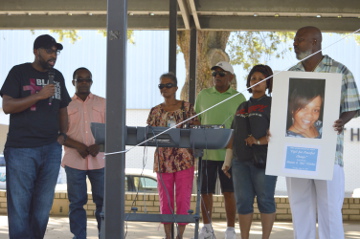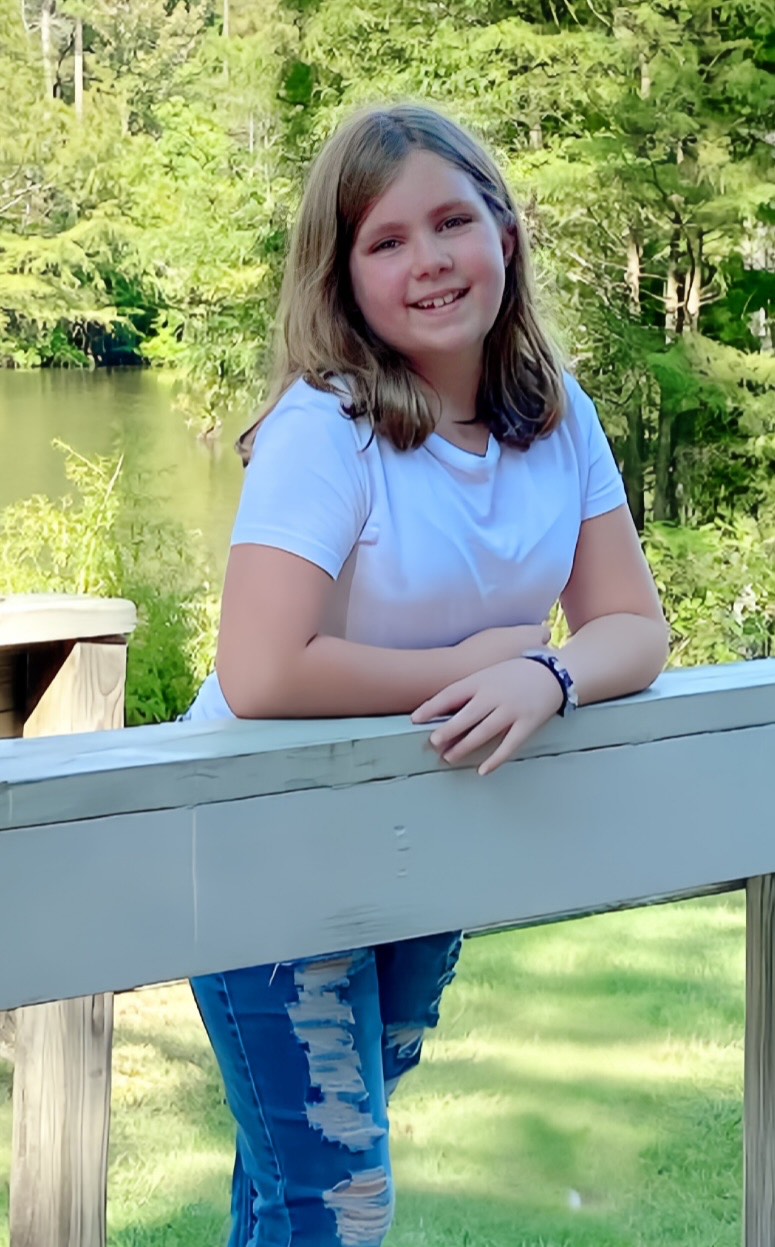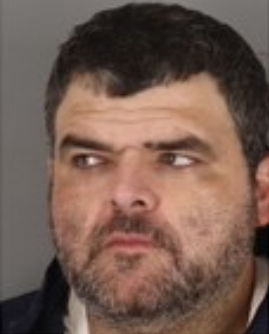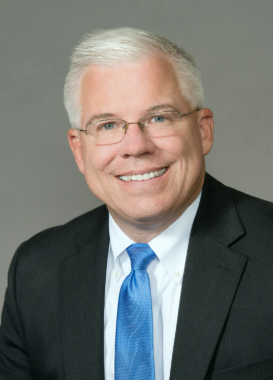Port Arthur NAACP comes together in thought and action
Published 9:58 am Wednesday, July 13, 2016

- First Vice-President Port Arthur branch of the NAACP Paul Hypolite Jr., left, and activist Hilton Kelley, right, flank family members of Shalala Fletcher during a Community Vigil outside the Jefferson County Sub-Courthouse on Tuesday. Fletcher, a Beaumont resident, was killed in Port Arthur when a former security guard fired shots to stop the car she was riding in after an alleged beer theft July 2. She was a passenger in the car. Mary Meaux/The News
Vigilance and community were two terms that would come together on Tuesday as the Port Arthur branch of the NAACP gathered together at the Martin Holmes Park behind the Jefferson County Sub-Courthouse in Port Arthur to conduct a community vigil for Shalala Fletcher, Alton Sterling, Philando Castile, “and all other impacted by senseless tragedies” as their public notice read.
“This vigil is for Shalala Fletcher and others who were unjustly killed in our nation,” Paul Hypolite, Jr., the first Vice President of the Port Arthur branch of the NAACP, said. “I hope this brings awareness in Port Arthur since she was killed here on July 2, and brings about community awareness of what happened here and sheds light on the injustices that invade our community.”
Hypolite considered the vigil “very important to rectify what happened” when referring to not only Fletcher’s death, but to all African Americans unjustly killed in our nation. When asked how to rectify these injustices, Hypolite responded that laws have to change that go against police brutality and police shootings and other horrible things that occur in the African American community.
And to Hypolite, the NAACP is an important tool in instituting that change.
“It’s important for the NAACP to shed light on what really happened… It’s important that we let the community know that we are on top of this,” Hypolite said in front of the gathered crowd.
The first vice president let the attendees know that the organization had spoken with both state and national levels of NAACP in response to the event. Hypolite brought up the fact that the off-duty security guard who had shot Fletcher is “walking freely in the community” and no hard consequences had befallen him yet.
If the races were reversed, Hypolite said, and the black man was the shooter and the victim was a white woman, we would then have a very different situation on our hands.
“I think it’s critically important to show that our community is concerned about this injustice,” Hilton Kelley, director and founder of Community In-Power and Development Association, said. “I believe that we need to show them that people are demanding justice.”
The “them” that Kelley was referring to was the majority, or those in power in America who makes the laws and benefit from their privileged status.
“They benefit from the poor, the low income community,” Kelley said of the majority. “They choose to not see what is going on around them [because] the injustice is not hitting them.”
“There’s a time to be quiet. Then, there’s a time to stand up and a time to open your mouth and be heard,” Kelley counseled the people in attendance. “And that time has long since passed.”
Importantly, however, Kelley was quick to point out that change needed to be done in peaceful gatherings, with letters and petitions and rallies.
“It takes us working together to make this happen,” he said.
Hypolite agreed and cautioned that “no matter how angry we are… It’s normal to feel angry, but we should not act out of anger—we should act out of love.”
In conversation, Hypolite would reinforce that notion in combating the systemic injustice and greed found in the worst parts of America: “Love is the main key. Love is the only key. Without love, hatred infiltrates our hearts.”
And in that kind of love, there is no room for fear; only vigilance and a genuine concern for the welfare of one’s own community can thrive.
“We have to learn to be real vigilant. We have to correct bad behavior,” Brenda Addison, fellow attendee at the vigil, said. “Why can’t we have unity? We need to know that our city can prosper.”
Addison was steadfast in her resolve for change—and in her resolve to not give in to fear. “I am not going to live in fear. I fear no one but God.”
Thomas Earl Lane, another vigil attendee, expressed a similar sentiment of hope: “I’d like to see unity and for us all to come together. Like the old saying, ‘United we stand, divided we fall’. We have a great country, America. We shouldn’t have to go through this.”





